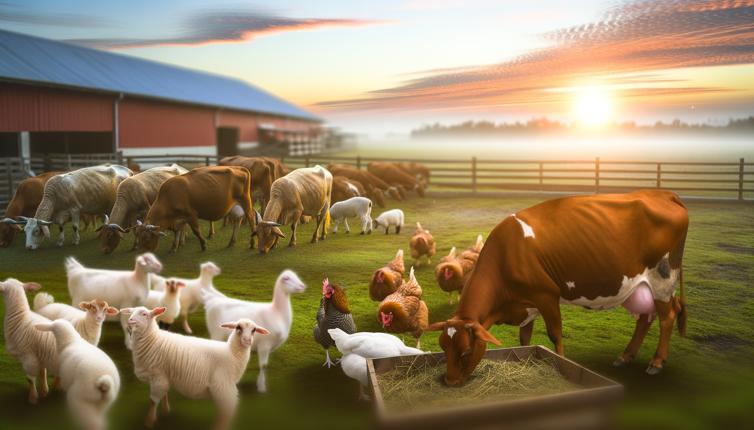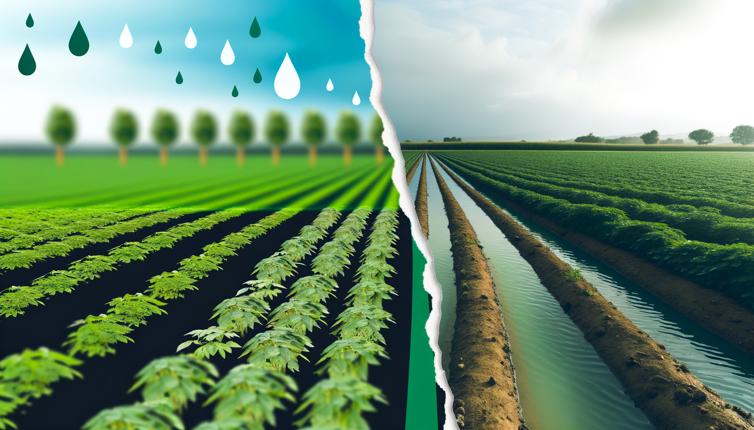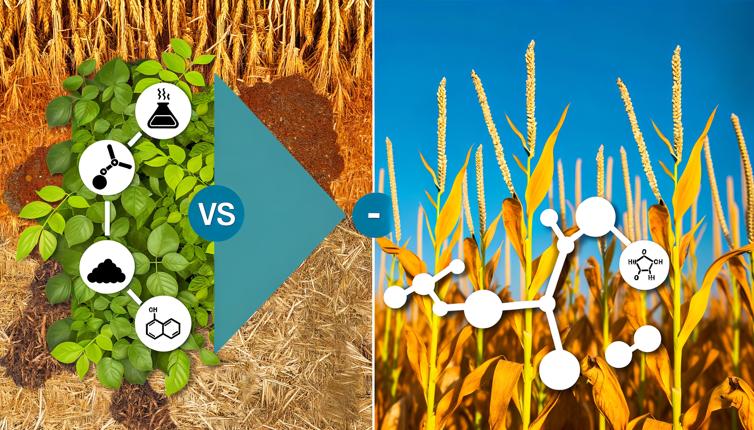1. Purpose of your farm
The first factor to consider when choosing livestock for your farm is the purpose of your farm. Are you primarily looking to produce meat, milk, eggs, or other products? Different animals are best suited for different purposes, so it's important to align your choice of livestock with your farm's goals.,For example, if you're focused on meat production, you might consider raising cattle, pigs, or chickens. On the other hand, if you're interested in dairy farming, you might opt for cows or goats. Understanding the purpose of your farm will help you narrow down your options and make a more informed decision.
2. Climate and environment
The climate and environment of your farm are crucial factors to consider when selecting livestock. Different animals have different requirements in terms of temperature, humidity, and access to pasture or shelter.,For instance, if you live in a cold climate with harsh winters, you'll need animals that can withstand low temperatures, such as goats or some breeds of sheep. On the other hand, if you live in a hot and humid area, you'll want to choose animals that can tolerate heat and have access to shade and water, like certain breeds of chickens or pigs.,Additionally, the size and layout of your farm will also impact your choice of livestock. Some animals, like cows or horses, require large pasture areas, while others, like rabbits or ducks, can thrive in smaller spaces.,By considering the climate and environment of your farm, you can ensure that your chosen livestock will be comfortable and able to thrive in their surroundings.
3. Available resources and infrastructure
Another important factor to consider is the availability of resources and infrastructure on your farm. Do you have enough land, water, and feed to support the needs of the animals you're considering?,For example, if you have limited pasture space, you might opt for animals that can graze on smaller areas or can be supplemented with hay or other types of feed. If you have access to a reliable water source, you can consider animals that require more water consumption, like ducks or fish.,In addition to resources, you also need to evaluate your existing infrastructure. Do you have suitable housing or shelter for the livestock you're considering? Some animals, like pigs or chickens, require specific types of housing to provide adequate ventilation, temperature control, and protection from predators.,Assessing your available resources and infrastructure will help you determine which livestock options are feasible for your farm.
Conclusion
Choosing the right livestock for your farm is a crucial decision that can significantly impact your profitability. By considering factors such as the purpose of your farm, climate and environment, and available resources and infrastructure, you can make an informed choice that aligns with your goals and maximizes your chances of success.








